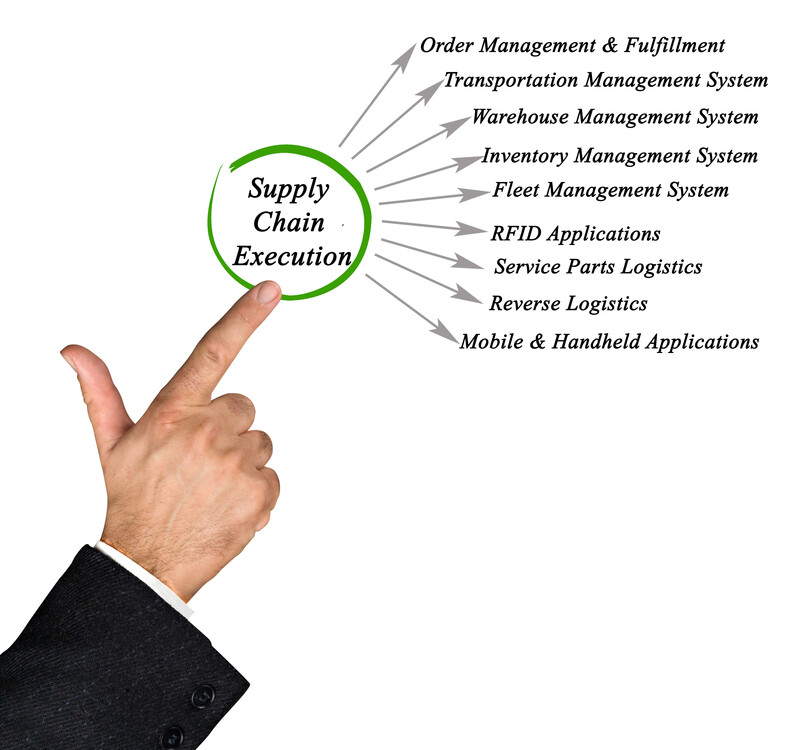Understanding why goods are returned is essential to improve your reverse logistics, new product design, production, and logistics processes. Increasing return rates may include complications such as design and production flaws, serial defects of components and sub-assemblies, and poorly designed packaging. Reverse Logistics Solutions expert analysts use a systematic method to discover reasons and reduce unsellable returns by carrying out:

Non-sales benchmarking
Understand the savings potential of your business by evaluating your product returns and unsold product performances to the specific industry. Seasonality, tax implications of inventory, and retail resets will often drive brand new products back through the reverse logistics channel.
Analysis of supply chain and damage research
Identify underlying reasons that lead to unsellable and damaged goods via our structured research methodology.


Trading partners collaboration
Solve issues linked to defective and outdated goods via engagement with your retail and eCommerce partners.
Consultation on refund policies
Protect seller and partnership relations with transparent and fair rules on financial liability for unsaleable products.


Charity Donations
The select charitable organization successfully accepts donations and provides quality products to those in need around the world. Their dedication and resources are set up to help the under-served population by soliciting donations from corporate America. These organizations are non-profit organizations whose goals are to make a difference in the world by partnering with a business with inventory that ranges from excess, obsolete, refurbished, and end-of-the-season merchandise.
Having a surplus of assets is an issue that affects just about every company in the after-market. This surplus or excess inventory takes up valuable warehouse space and can create hidden expenses, such as insurance, maintenance, depreciation, and even taxes. Organizations who donate merchandise to charities can clear out warehouse and retail space, earn federal income tax deductions, and avoid liquidation difficulties.
When deciding whether or not to liquidate your stock into the secondary markets, it is important to keep in mind that if you liquidate, you may be setting yourself up for conflict in your markets you sell your own new products. Discount houses may buy up your liquidated stock and compete against you, which can greatly affect your regular set prices. Instead, by donating your surplus inventory, you can take advantage of federal income tax deductions, which could add up to twice the initial cost of the items. Donating simply can make good sense for corporations; not only does it make economic sense, but your generous contributions give back to the society and community as a whole, offering a helping hand to those less fortunate. Charity donations provide organizations with the peace of mind that their donations will be handled by experienced staff who will get them to where they are needed most.
Ready to get started? Contact us!
The solutions are specific to your team’s needs. They are based on the ‘golden nuggets’ within your data that many clients are collecting internally, through the eCommerce and retail partners, third party logistics (3PLs), repair centers and refurbish, and the secondary markets. The data never lies; you need the expertise to interpret the data to turn it into functional decision trees. Many times, clients are too close to the data to recognize the patterns. I live at the intersection of Artificial Intelligence, machine learning, deep learning, and Reverse Logistics. It’s magical, and it can save you millions of dollars in costs. Let’s work together.
